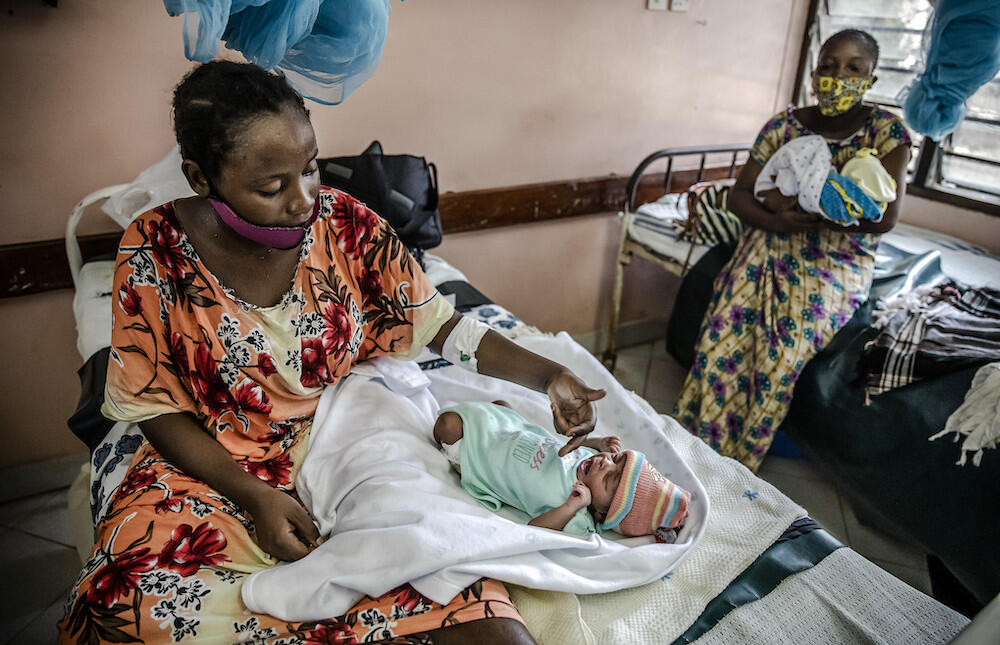World Population Day Statement
The COVID-19 pandemic may have lasting consequences for the population.
For some, it has led some to postponing childbearing. For others, disruptions in health care have led to unintended pregnancies.
Although we have yet to get a full picture of the impact of COVID-19 on fertility, these trends have provoked alarmist concerns about baby booms or busts.
What should cause alarm is when women cannot exercise their sexual and reproductive rights and choices – whether because health services are interrupted, or because gender discrimination prevents them from making decisions about accessing health care, using contraception or engaging in sex with their partner.
What does lead to healthy and productive societies is when women can make informed choices about their sexual and reproductive health, and when they have access to services to support their choices. A woman who has control over her body gains not only in terms of autonomy, but also through advances in health and education, income and safety. She is more likely to thrive, and so is her family.
COVID-19 has laid bare stark inequalities and weaknesses in healthcare systems within and among countries. The crisis has caused many overstretched health systems to scale back sexual and reproductive health services, which are often not deemed essential. While these services are a human right, they have been shunted aside in favour of more “pressing” concerns. Amid economic pressures and budget cuts, there is a real risk that some countries may fail to restore these services.
On World Population Day, let us take action to close these gaps, because sexual and reproductive health services are essential. Even if health systems are understandably strained, these services cannot wait. Any further delays will curtail the health and well-being of women and girls, consequences that can last a lifetime.
Let us work together to uphold the right to decide when and if to have a family and let us stand up for the rights and choices of all women and girls.





